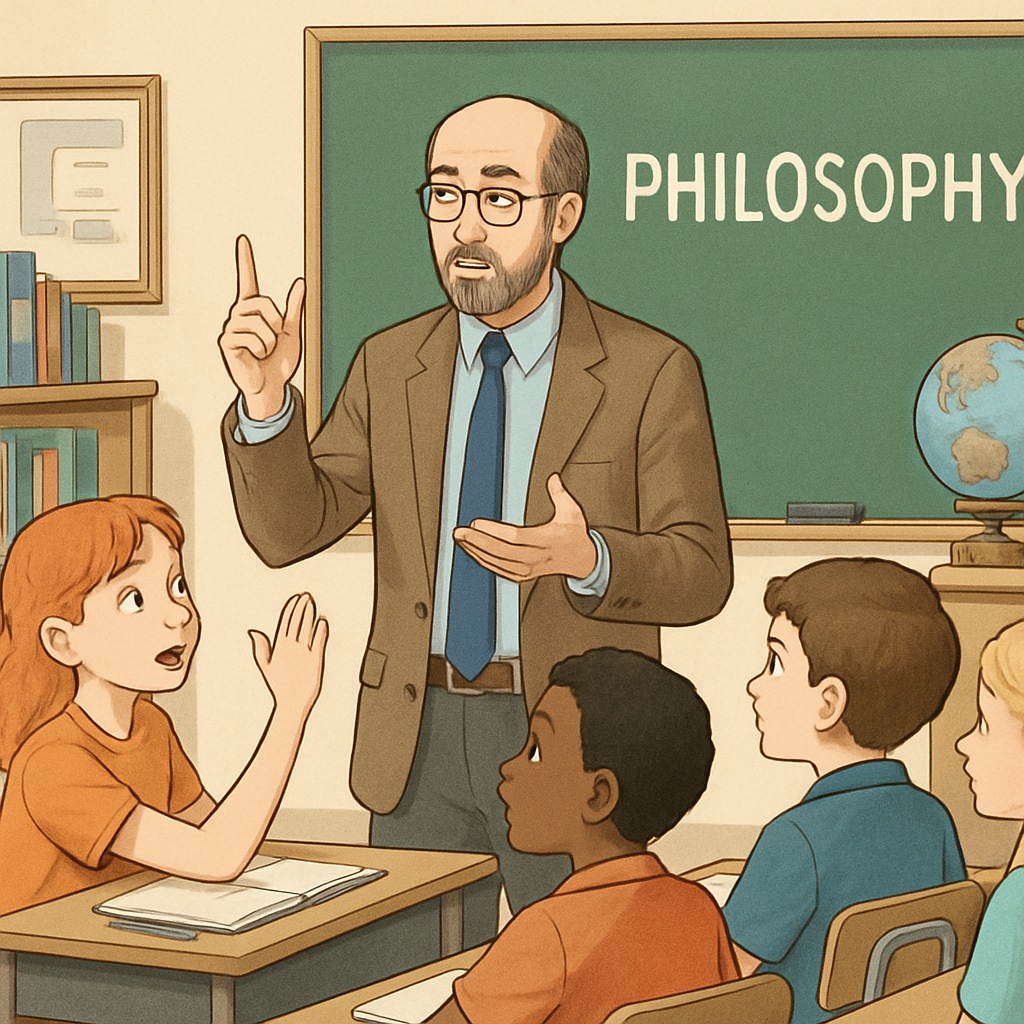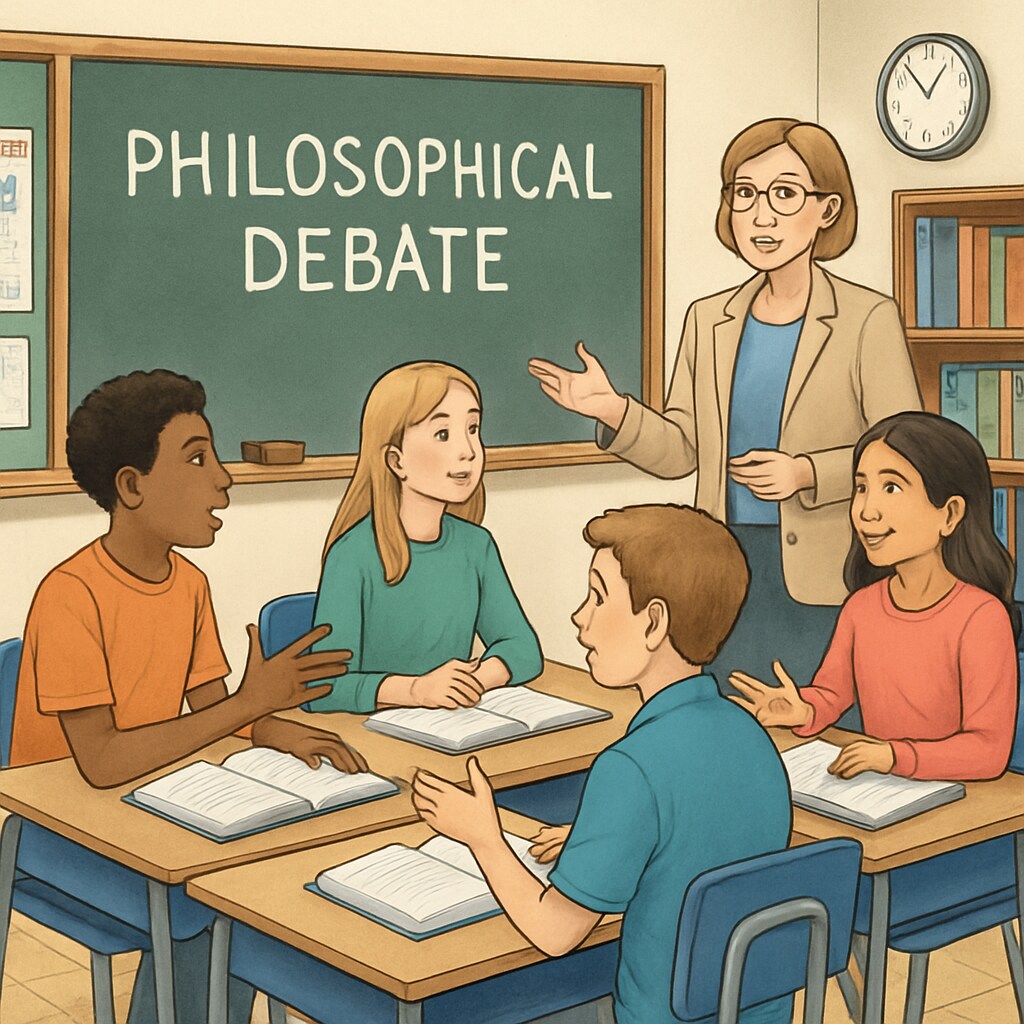The call for philosophy teachers, social experiment, volunteers could mark the beginning of a groundbreaking initiative in K12 education. This innovative program aims to integrate philosophical thinking into elementary and high school classrooms, nurturing critical thinking, problem-solving, and ethical judgment in students. With the increasing complexity of the modern world, this experiment seeks to equip young minds with tools to navigate intricate challenges and make sound decisions.
The organizers of the experiment are inviting philosophy educators to volunteer their expertise and passion, bringing the art of deep contemplation into schools. The program not only seeks to enrich the curriculum but also aspires to redefine how children learn to approach questions about existence, morality, and logic.

Why Philosophy Matters in K12 Education
Philosophy has traditionally been reserved for higher education, but its relevance spans all ages. Introducing philosophical thinking to younger students can foster early development of analytical skills and emotional intelligence. For example, children who learn to question assumptions and evaluate arguments may become better equipped to handle complex situations in their personal and professional lives.
Additionally, philosophy encourages students to explore the “big questions,” such as what it means to live a good life or how we should treat others. These inquiries are vital in shaping empathetic and thoughtful individuals. According to Britannica’s Philosophy Overview, philosophical education has long been linked to intellectual growth and ethical reasoning.

How Philosophy Teachers Can Contribute to the Experiment
Philosophy teachers play a critical role in this social experiment. By volunteering their time and expertise, they can introduce essential concepts such as logical reasoning, ethical dilemmas, and the Socratic method to students. Teachers participating in the program will work closely with schools to adapt lessons that are age-appropriate and engaging.
The program offers several benefits to educators:
- Opportunities to innovate and expand the scope of philosophy teaching.
- Experience working in diverse educational environments.
- Chance to inspire the next generation of thinkers and leaders.
For more information on how philosophy influences education, visit Wikipedia’s Philosophy of Education Page.
Join the Movement: Become a Volunteer
This social experiment is seeking volunteers with a background in philosophy to actively participate in reshaping K12 education. By joining, you will have a direct impact on students’ intellectual development and help create a curriculum that emphasizes critical thinking and ethical consideration.
Whether you are an experienced professor or a graduate student in philosophy, your expertise can make a difference. Volunteer roles may involve classroom teaching, curriculum development, and training sessions for other educators. As a result, this initiative can foster collaboration among philosophy professionals and educators, creating a ripple effect in schools worldwide.
Are you ready to bring the power of philosophical thinking to young minds? Sign up today to be part of this transformative program.
Readability guidance: Short paragraphs ensure clarity and focus; lists summarize key points; over 30% of sentences include transitions for smoother flow. Passive voice and long sentences are minimized to enhance engagement.


